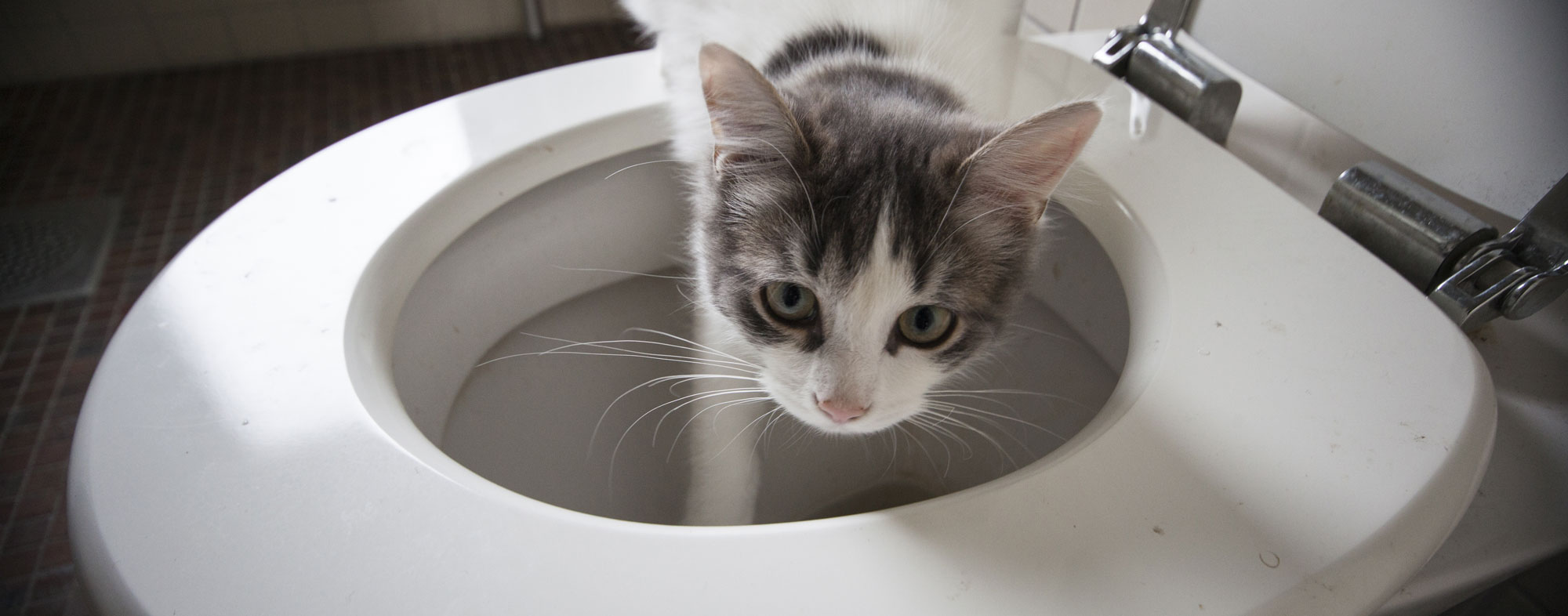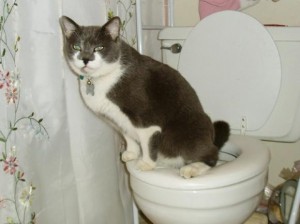Why Flushing Cat Poop Down Your Toilet Can Cause Problems - Tips for Safe Disposal
Call TodayWe have uncovered this post involving How to Dispose of Cat Poop and Litter Without Plastic Bags directly below on the net and think it made sense to share it with you in this article.

Intro
As pet cat proprietors, it's essential to be mindful of exactly how we take care of our feline pals' waste. While it might appear practical to flush cat poop down the toilet, this method can have harmful effects for both the environment and human health and wellness.
Alternatives to Flushing
The good news is, there are more secure and a lot more responsible ways to dispose of cat poop. Take into consideration the following alternatives:
1. Scoop and Dispose in Trash
The most typical method of disposing of feline poop is to scoop it into an eco-friendly bag and toss it in the garbage. Make sure to utilize a committed litter inside story and get rid of the waste quickly.
2. Use Biodegradable Litter
Go with biodegradable cat clutter made from materials such as corn or wheat. These trashes are eco-friendly and can be safely dealt with in the garbage.
3. Bury in the Yard
If you have a lawn, think about hiding pet cat waste in an assigned area far from veggie gardens and water resources. Make sure to dig deep sufficient to avoid contamination of groundwater.
4. Set Up a Pet Waste Disposal System
Purchase a family pet waste disposal system especially designed for feline waste. These systems use enzymes to break down the waste, reducing smell and environmental impact.
Health Risks
Along with environmental issues, flushing cat waste can also present health risks to humans. Pet cat feces may include Toxoplasma gondii, a parasite that can create toxoplasmosis-- a possibly severe illness, especially for expectant ladies and individuals with damaged body immune systems.
Environmental Impact
Purging cat poop presents unsafe microorganisms and parasites into the water system, positioning a substantial danger to water communities. These impurities can adversely influence aquatic life and compromise water high quality.
Final thought
Liable family pet possession prolongs past offering food and shelter-- it additionally includes proper waste monitoring. By avoiding purging feline poop down the toilet and selecting alternate disposal techniques, we can reduce our environmental footprint and shield human health and wellness.
Why You Should Never Flush Cat Poop Down the Toilet
A rose by any other name might smell as sweet, but not all poop is created equal. Toilets, and our sewage systems, are designed for human excrement, not animal waste. It might seem like it couldn’t hurt to toss cat feces into the loo, but it’s not a good idea to flush cat poop in the toilet.
First and foremost, assuming your cat uses a litter box, any waste is going to have litter on it. And even the smallest amount of litter can wreak havoc on plumbing.
Over time, small amounts build up, filling up your septic system. Most litter sold today is clumping; it is made from a type of clay that hardens when it gets wet. Ever tried to scrape old clumps from the bottom of a litter box? You know just how cement-hard it can get!
Now imagine just a small clump of that stuck in your pipes. A simple de-clogger like Drano isn’t going to cut it. And that means it’s going to cost you big time to fix it.
Parasitic Contamination
Believe it or not, your healthy kitty may be harboring a nasty parasite. Only cats excrete Toxoplasma in their feces. Yet it rarely causes serious health issues in the cats that are infected. Most people will be fine too if infected. Only pregnant women and people with compromised immune systems are at risk. (If you’ve ever heard how women who are expecting are excused from litter cleaning duty, Toxoplasma is why.)
But other animals may have a problem if infected with the parasite. And human water treatment systems aren’t designed to handle it. As a result, the systems don’t remove the parasite before discharging wastewater into local waterways. Fish, shellfish, and other marine life — otters in particular — are susceptible to toxoplasma. If exposed, most will end up with brain damage and many will die.
Depending on the species of fish, they may end up on someone’s fish hook and, ultimately on someone’s dinner plate. If that someone has a chronic illness, they’re at risk.
Skip the Toilet Training
We know there are folks out there who like to toilet train their cats. And we give them props, it takes a lot of work. But thanks to the toxoplasma, it’s not a good idea.

I was made aware of that report on How to Dispose of Cat Poop and Litter Without Plastic Bags through a friend on a different site. For those who enjoyed our page kindly be sure to pass it around. Thank you for taking the time to read it.
Maintenance Sign-Up